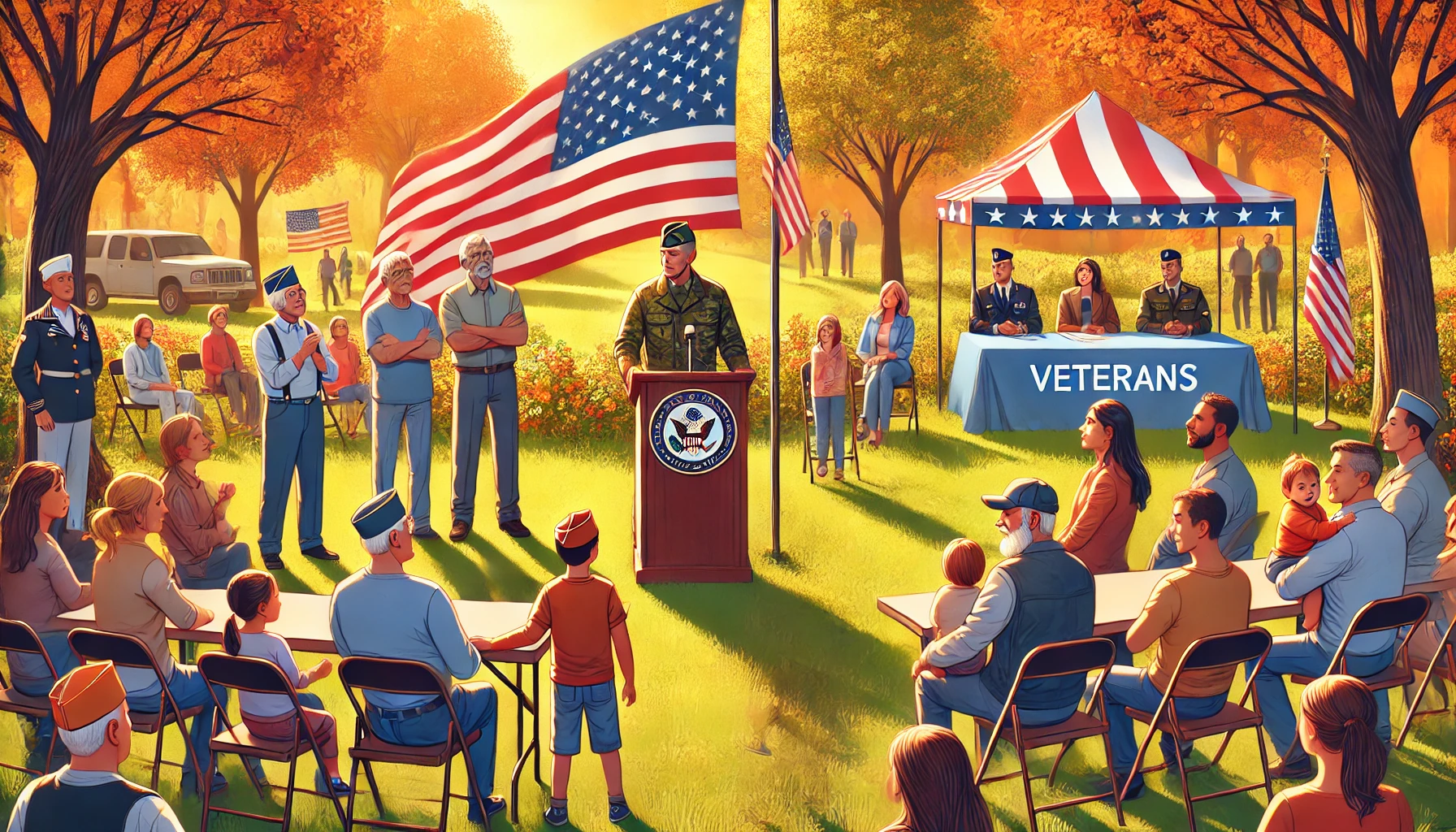Politics and religion have long been powerful forces in society, each capable of shaping culture, values, and the way we perceive the world. Unfortunately, it seems these two realms often bring out the worst in humanity, fostering division, anger, and an “us vs. them” mentality. It’s a common assumption that politics and religion always walk hand in hand, as if one inherently demands the other, but that isn’t necessarily the case. While they may overlap, they each have distinct goals and motivations, with religion often aiming to guide morality and personal purpose, while politics is about governing and structuring society. However, when the two intersect, the results can be as contentious as they are complex.
In the United States, as in many parts of the world, discord has become a constant. It’s as though there is an unending supply of conflict, with both sides hurling accusations, making sweeping generalizations, and trading insults in an increasingly predictable cycle. Ironically, these tactics lack creativity; they’re simply passed back and forth between opposing sides, with the insults shifting depending on who holds power. Each election cycle becomes not just a political event but an emotional spectacle, and it seems that these cycles, along with the tensions they bring, are coming closer together with every passing year. The emotional charge around each election now feels perpetual rather than periodic.
Both politics and religion often rely on cherry-picking information to fit their narratives, presenting reality in a way that aligns with their ideals rather than an unbiased truth. This isn’t a new phenomenon. Throughout history, powerful groups have weaponized narratives to vilify and diminish others. A telling example is the Romans, who spread tales of barbarism about the Celts to justify their conquests. They claimed the Celts engaged in savage rituals and uncivilized behavior, painting them as “others” who needed to be subdued. This isn’t so different from the ways in which political factions today accuse one another of extremism and moral depravity to rally their own bases.
What is troubling now is that in our modern, fast-paced media environment, it seems that genuine fact-checking and unbiased analysis are diminishing. People are quick to turn to their ideological “scriptures”—be it a religious text, a political manifesto, or even the news source that aligns most closely with their views—and use these as weapons against their opponents. Politics has, in a sense, adopted religious fervor, and belief in a political ideology has for some become almost cult-like. Whether on the left or the right, individuals seem more devoted than ever to defending their chosen beliefs, often with a zeal that mirrors that of religious conviction.
This cultish devotion, seen across the political spectrum, is stifling open dialogue and understanding. When each side views the other not as fellow citizens or potential allies in building a better society, but as enemies who must be defeated, we lose sight of shared goals and common ground. What’s left is a society fragmented into ideological camps, each unwilling to listen to the other. When people stop fact-checking, question-asking, and critically thinking, society becomes more vulnerable to manipulation, misinformation, and extremism.
Perhaps the way forward is to promote a culture of intellectual humility and open dialogue. If individuals could be encouraged to approach politics and religion with curiosity rather than dogma, and to view others as complex individuals rather than representatives of a monolithic “other side,” perhaps we could break free from this endless cycle. It may also help to revive an emphasis on media literacy, encouraging people to critically evaluate sources and to seek out information that challenges their beliefs rather than simply reinforcing them. It’s no small tasky, but if we hope to move beyond the current polarization, it may be essential.
Discover more from Inside the mind of Wade
Subscribe to get the latest posts sent to your email.


